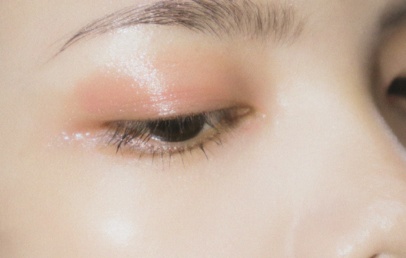
It’s a lot harder to strive for something when you don’t know what it is.
“Wellness” has a been a word of the day for at least the last decade or so, and you should know if you read this site, since we have a whole section for it. But something some folks aren’t aware of is that wellness isn’t quite the same thing as being happy or healthy. There’s overlap there, for sure, but as opposed to your emotional health or physical health, being well is something you’re more consciously in control of.
The official definition of wellness, according to the Global Wellness Institute, is “the active pursuit of activities, choices and lifestyles that lead to a state of holistic health.” Now, holistic health means managing yourself through non-medical means. Holistic health gets a bad rep from a lot of wacky miracle cures floating around the internet; you’re not going to magically reach peak health by, I dunno, rubbing magnets all over your face. Let’s put it like this: if you have medical health problem, you go to a doctor. If you have an emotional health problem, you go to a therapist. If you have a problem that doesn’t really fall into either categories, you engage in some holistic health.

Holistic health, and by extension wellness, is about the little things you can do to keep yourself balanced before you start making appointments. This includes things like subtle changes to your diet and environment, reaffirming positive beliefs, and building a good support network. These are little solutions to little problems we all face during daily life. When you get a hole in your pants, you sew on a patch; you don’t bolt on a sheet of industrial steel, if you catch my drift.
You’re likely engaging in wellness practices every day without even thinking about it. If you eat something weird and get stomach ache, then tell yourself “I’m not going to eat that again,” boom, there’s your wellness. Little solutions for little problems.




